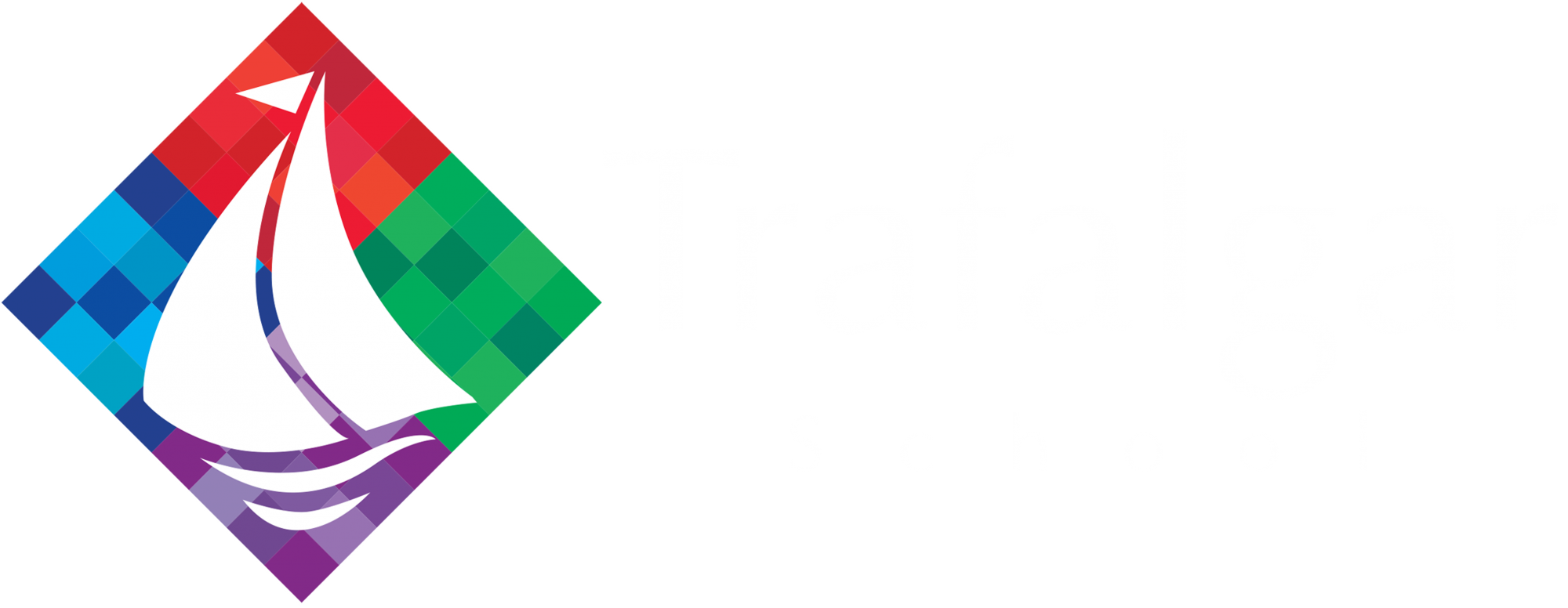Relational Practice
“Community is much more than belonging to something; it’s about doing something together that makes belonging matter.” - Brian Solis
One of the ways we achieve success at Trafalgar School is through our explicit focus on Relational Practice (often referred to as Restorative Practice) which is centred around behaviours, interactions and approaches that build and maintain healthy relationships, resolving difficulties and repairing harm where there is conflict.
The culture of belonging that has emerged has a significant impact on the well-being of staff and students at Trafalgar School. This is because everyone is valued and everyone is heard.
High challenge and high support underpins our relational approach, meaning everyone is aware of what is expected and what is acceptable, yet provided with the support they need to achieve their potential. This is an important part of our inclusive ethos, where we prioritise equity over equality.
"Strong relationships are the heart of everything the school does." - Hayden Ginns, Assistant Director for Children - Portsmouth City Council
Community Circles
Every Monday and Friday, as part of tutor time, students meet in their community circles. Consisting of a member of staff and approximately 10 students of varying ages, these circle-based sessions promote the building of relationships and connection. This helps to create a sense of belonging, by getting to know each other well through community building activities, as well as tackling key societal issues and current affairs.
Restorative Ambassadors
Throughout the school, there are a number of students trained as restorative ambassadors and these students put their training into practice with their peers; supporting self-regulation, problem solving and helping to repair relationships when they go wrong.
Inclusion
Trafalgar School utilises strong relationships with students, which are built through the relational approach, to ensure that students receive support which is personalised to individual needs.

